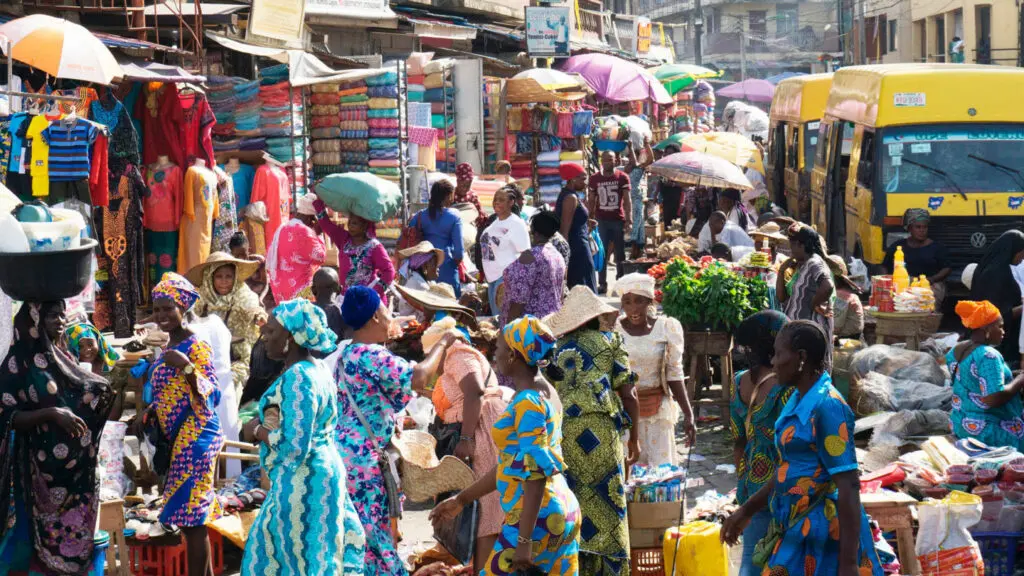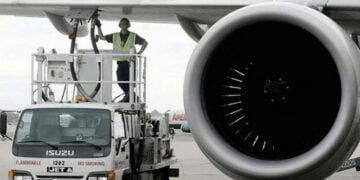Stockbrokers have x-rayed the state of the Nigerian capital market in 2022 and forecast recovery in 2023 despite the headwinds and uncertainties associated with the economy.
The Nigerian economy is going through a tough period with headwinds, including imported inflation, huge debt service-to-revenue ratio, high exchanges rates, forex scarcity, devaluation of currency, budget deficit of N12 trillion in 2023, removal of fuel subsidy on petroleum price, insecurity and uncertainty about the outcome of the upcoming presidential election, amongst others.
The president of Association of Capital Market Academics, Professor Uche Uwaleke and chairman, Research and Technical of Chartered Institute of Stockbrokers (CIS), Mr Ayo Ebo, stated this at an event organised by Chartered Institute of Stockbrokers (CIS) on ‘The Nigerian Economic Review of 2022 and Outlook for 2023’.
They spoke on the ‘Macroeconomic Performance and the Capital Market’ and ‘The Nigerian Economic Review of 2022 and Outlook for 2023’ respectively, assuring the investing public that the economy had strong potential to bounce back this year.
They, however, urged whoever emerges the Nigerian president after this year’s election to address structural issues that militate against the country’s economic development.
Uwaleke noted that, “contrary to projections in several quarters, government’s fiscal position is likely to improve in 2023 on account of the following: improvement in crude oil revenue from increase in crude oil production; assuming crude oil price does not disappoint and incidence of oil theft continues to go down; savings from fuel subsidy removal will increase in government revenue. Implementation of Finance Act 2022 and unification of exchange rates will boost economic growth and development.”
Corroborating him, Ebo stated that, expected higher crude oil would increase government revenue in the year, saying, “goods account balance is expected to recover in 2022 due to higher crude oil prices. In 2023, the goods account is expected to benefit from reduced forex outflow on petroleum motor spirit (PMS) importation, following the coming onstream of Dangote’s refinery and promotion of non-oil export.”
The president and chairman of CIS, Mr Oluwole Adeosun, explained that the Nigerian economy would experience growth during the year, listing many achievements of the Institute in the review period.
He stated that the institute shall pursue its advocacy roles with renewed vigour, saying, “in 2023, we shall be working to increase the number of Nigerian Universities offering both Post-Graduate and Bachelor’s Degree courses in Securities and Investment / Capital Market Studies.
“We shall be pursuing more vigorously, activities to promote Capital Market Literacy across the entire geo-political zones of Nigeria.”





